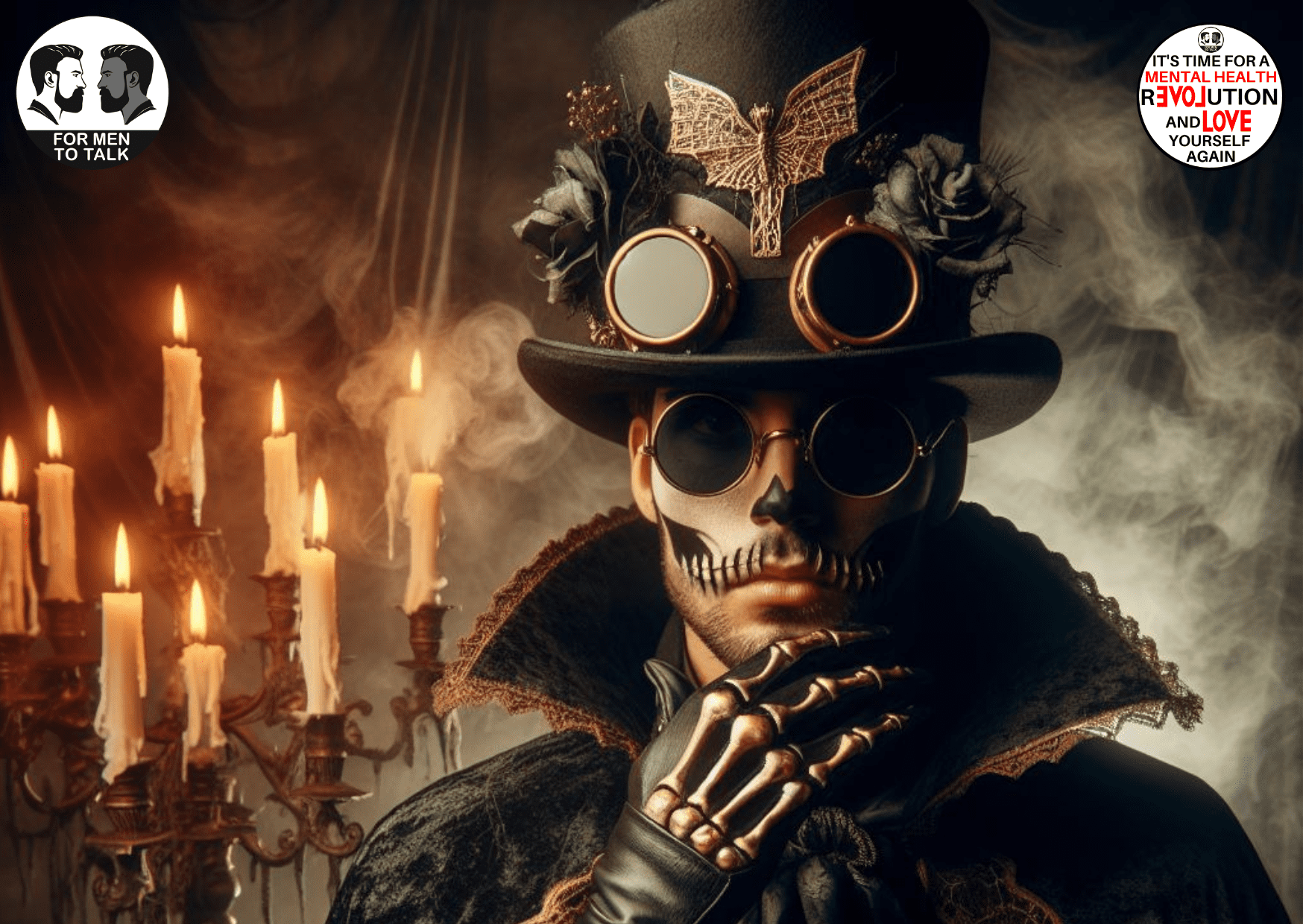Halloween and mental health: Finding balance in spooky celebrations

Halloween, known for its eerie atmosphere and playful festivities, is a holiday that has gained immense popularity in recent years. However, amidst the excitement and creativity, it’s essential to explore the connection between Halloween and mental health. This blog post delves into the potential impact of Halloween on our well-being and offers tips for maintaining a healthy balance during this spooky season.
The Thrills and Chills:
Halloween is synonymous with horror movies, haunted houses, and thrilling experiences that aim to evoke fear and excitement. While some individuals thrive on the adrenaline rush, others might find themselves overwhelmed or anxious. For those with anxiety disorders or post-traumatic stress disorder (PTSD), the sudden increase in scary imagery and jump scares can trigger distressing emotions. It’s crucial to recognise these potential triggers and respect personal boundaries, allowing individuals to engage with Halloween activities at their comfort level.
Community Connection:
One of the remarkable aspects of Halloween is its emphasis on community engagement. Neighbours come together for trick-or-treating, families and friends gather for costume parties, and communities organise various events. These social connections are beneficial for mental health, fostering a sense of belonging, and providing opportunities for positive social interactions. However, it’s important to remember that not everyone enjoys large gatherings or socialising in general. Respecting individual preferences and providing alternative options for participation can create a more inclusive and supportive environment during Halloween celebrations.
Cultural and Personal Identity:
Halloween allows individuals to express their creativity and explore different aspects of their identity through costumes and decorations. However, it’s crucial to be mindful of cultural appropriation and avoid perpetuating harmful stereotypes. Halloween should be a celebration of diverse cultures, rather than a platform for insensitivity. Additionally, individuals struggling with body image or self-esteem issues might find the pressure to dress up or conform to societal beauty standards during Halloween overwhelming. Encouraging self-acceptance and emphasising the fun and imaginative aspects of Halloween can promote a healthier relationship with self-expression.
Self-Care and Emotional Well-being:
Amidst the excitement and busyness of Halloween, it’s vital to prioritise self-care and emotional well-being. Lack of sleep, excessive sugar consumption, and stress can all take a toll on mental health. Engaging in activities such as mindfulness exercises, spending time outdoors, or engaging in non-Halloween-related hobbies can help maintain a sense of balance. Setting boundaries, managing expectations, and Recognising when it’s necessary to take a break are crucial for safeguarding mental well-being during this festive season.
Conclusion:
Halloween can be a time of excitement, creativity, and community engagement, but it’s essential to consider its potential impact on mental health. By being aware of personal boundaries, fostering inclusivity, practicing self-care, and respecting cultural sensitivity, we can ensure that Halloween remains an enjoyable and mentally healthy celebration for all.